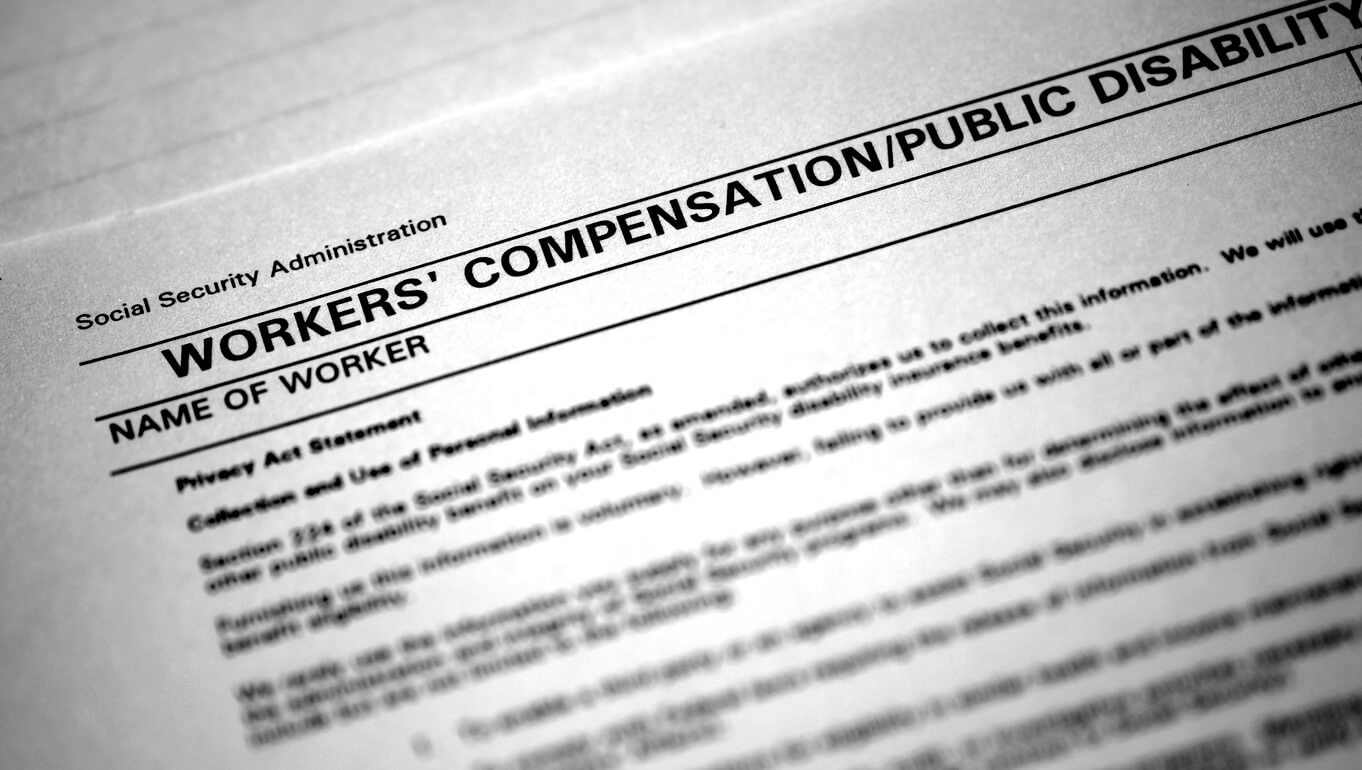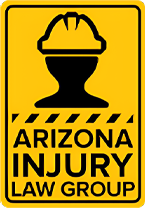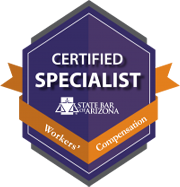Arizona’s Workers’ Compensation and SSDI: Can You Collect Both at the Same Time?

WORKERS’ COMPENSATION BENEFITS
While you are working for an Arizona employer, if you have an accident on the job and sustain injuries, you are covered by workers’ compensation benefits, including medical payments of your bills. These benefits continue for as long as you are under a doctor’s supervision and are unable to return to work. If you are unable to ever return to work, due to the severity of your injury, then the benefits continue, although you have the option to consider a settlement.
Be careful about trying to get a settlement, however, as you could sell yourself short of what you really should collect. Always connect with an Arizona workers’ compensation attorney before moving ahead with any settlements. You need the best help available to get the best outcome for your situation.

SOCIAL SECURITY DISABILITY INSURANCE (SSDI)
People go on SSDI when they have a disability where they cannot work for a year or more, due to an injury, work-related or not. Here is one example of how this might happen. If you had a work-related injury, you received workers’ compensation benefits, recovered, and returned to work. Your benefits ended once you returned to your old job.
Later in life after leaving that company and getting another job, your old injury becomes a problem, such as an injury to your spinal cord with vertebrae that are now compressing on the old work-related injury. First, contact a workers’ compensation attorney about what you should do in getting back on workers’ compensation benefits again with the old employer’s insurance company.
Or you could go on SSDI and take a year to recover. Alternatively, if you cannot get better, you can stay on SSDI and not go back to work. You would lose the new job you have but it would be pointless to continue if you cannot work the job anyway. In this case, you might check into long-term disability insurance which you may have accepted when you joined the new job. Either your workers’ compensation attorney can help you with this or point you to the right attorney, such as a disability attorney, to figure out which way to go, based on your special circumstances.
WORKERS’ COMP, SSDI, AND FORCED UNOFFICIAL RETIREMENT
A recent case out of Pennsylvania shows that under specific circumstances, you could collect workers’ compensation, SSDI, and your pension plan if you are cleared for all three. But there is one point to consider and that is, in Arizona, you cannot collect more than 80 percent of your benefits combined from both workers’ comp and SSDI. That means if you are collecting workers’ comp already, then you may as well stay on that and collect the full benefits.
One example of where you might be collecting on both is when you are collecting SSDI but are officially allowed to work a part-time job, and then you are injured on the job. You would then collect workers’ compensation benefits on that work-related injury while still collecting your SSDI payments. But you do need to notify your SSDI office about your job injury status, in case payment adjustments must be made.
The Pennsylvania Case of the Tile Layer: In the case of Hi-Tech Flooring, Inc., Petitioner, v. Workers’ Compensation Appeal Board (Santucci), Respondent. (No. 12 C.D. 2020.), a tile worker with an on-the-job knee injury collected workers’ compensation, but then also collected SSDI on the knee injury because workers’ compensation was balking at making further payments as the tile layer was not looking for other work. On top of this, he began receiving disbursements from his retirement pension.
The situation appeared that the tile layer had officially retired, therefore, as the employer and the employer’s insurance company argued, the tile layer had “officially retired.” The tile layer, according to the court, had stated he was collecting SSDI on the work-based injury, as well as other physical problems, along with the pension payments because he could not work his old job and had no transferrable skills to be able to work another job. The court upheld that workers’ compensation benefits should be continued and SSDI payments put in abeyance.
If you are collecting workers’ comp on permanent workplace injuries and are not able to return to your previous job duties, and you are also suffering other injuries unrelated to the job injury, you can check with your workers’ comp attorney to find out if you can also collect SSDI on the other injuries you are suffering. This does mean you will be off all work for at least a year or more.
With SSDI, your award is based on the current rate you would get at full retirement age, as stated for the year you make your application. After applying for SSDI, you are likely to receive a notice to get a physical assessment from the SSDI doctor within a month after your application is received. Make sure you attend this assessment so you can receive your benefits.

GET HELP FOR YOUR CASE FAST
Insurance regulations and how you can get paid for your injuries are complex at best. That is why you need the best help you can get from attorneys who know how the system works. Arizona Injury Law Group offers experienced and Certified workers’ compensation lawyers and legal services for injured workers. Call for your free consultation! 602-346-9009.
Get Help Today
Call Immediately For A Free, No Obligation Consultation And Let Us Help You Put Your Life Back On Track. Let Us Help You
Regain Normalcy And Stability Again. We Want To Help You Get The Benefits You Need And Deserve!


